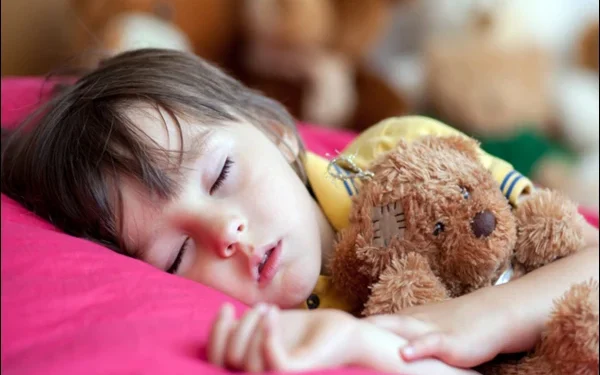It can be a big mistake for parents to underestimate children’s sleep problems. A recent study has revealed that childhood sleep deprivation can increase suicidal tendencies in adolescents.
According to this study, children with severe sleep disorders at the age of 10 were found to have a 2.7-fold increased risk of suicidal thoughts or attempts 2 years later. Almost a third of the children included in the study, who suffered from sleep problems, later had suicidal thoughts or attempts.
According to experts, sleep deprivation directly affects mental health. It reduces the ability to tolerate stress, makes it difficult to manage emotions and affects the ability to make decisions. Continuous sleep deprivation can lead to an imbalance of neurotransmitters in the brain, which can further worsen mental health.
Parents should pay special attention to their children’s sleep routine. They should provide a consistent and comfortable sleep environment. Limiting screen time an hour before bed, engaging in light reading, listening to music, or journaling can be helpful.
Sleep is not only a source of physical rest, but is also essential for mental and emotional health. Lack of sleep negatively impacts brain development, mood balance, anxiety, and emotional control.
Research has also shown that parents who take an interest in their children’s lives are 15 percent less likely to develop suicidal tendencies in their children.

























